Whose Tagline is “2 Small Asians, 4 Cameras”?
Dave and Quin Cheung of DQ Studios are two of the most creative and successful wedding photographers we know. This wife and husband team, from Calgary, Alberta, have won international awards for image making and they are experts in photography lighting and building client relationships. As if that was not enough, they are also the creators of Motibodo keyboards for Adobe Lightroom and Photoshop. Their focus on great imagery and unparalleled client service has allowed their business to thrive and grow amidst the ever-growing global competition.
We had the pleasure and honor to interview Dave and Quin. We invite you to read and learn how they do it all.
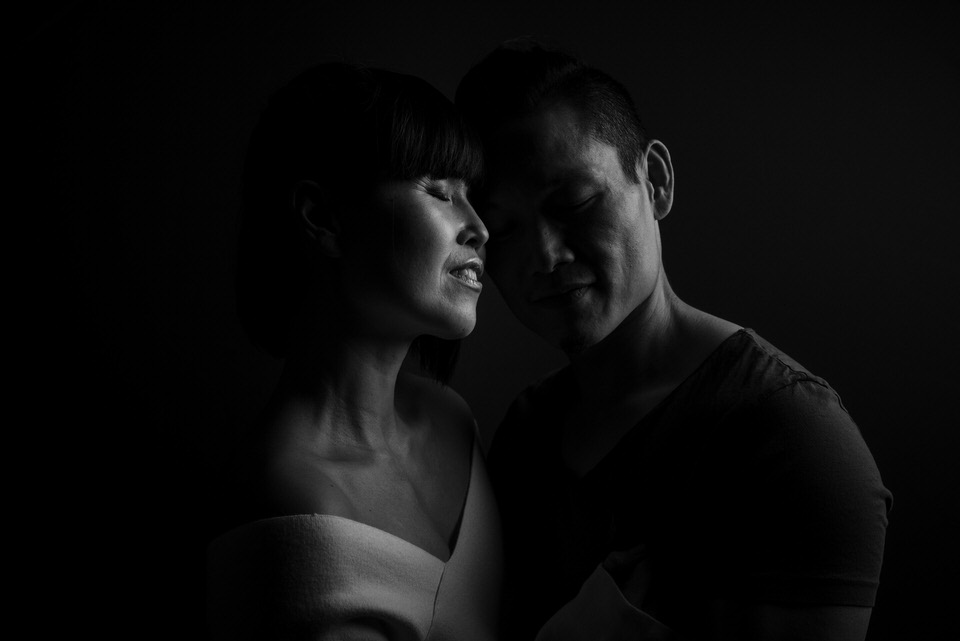
Tell us a bit about Dave and Quin.
We’ve been married for almost 19 years, and shooting as DQ Studios together for 15 years. It was a fateful backpacking trip through France where we fell in love with street shooting that made us want to pursue photography as something more than a hobby.
How were the first few times you worked together?
I think we were fortunate to be able to start our business together versus having one join the other’s existing business. But it hasn’t always been easy sailing to figure out how to work well together and make each other better. The first few weddings were stressful but so rewarding. Back then we were shooting film we couldn’t wait to get back to our basement where we’d develop and print our own black and white prints. It was magical …. And all-consuming time-wise LOL! But what got us to where we are as a shooting couple who makes each other better was constant communication and a mutual respect as people and artists.
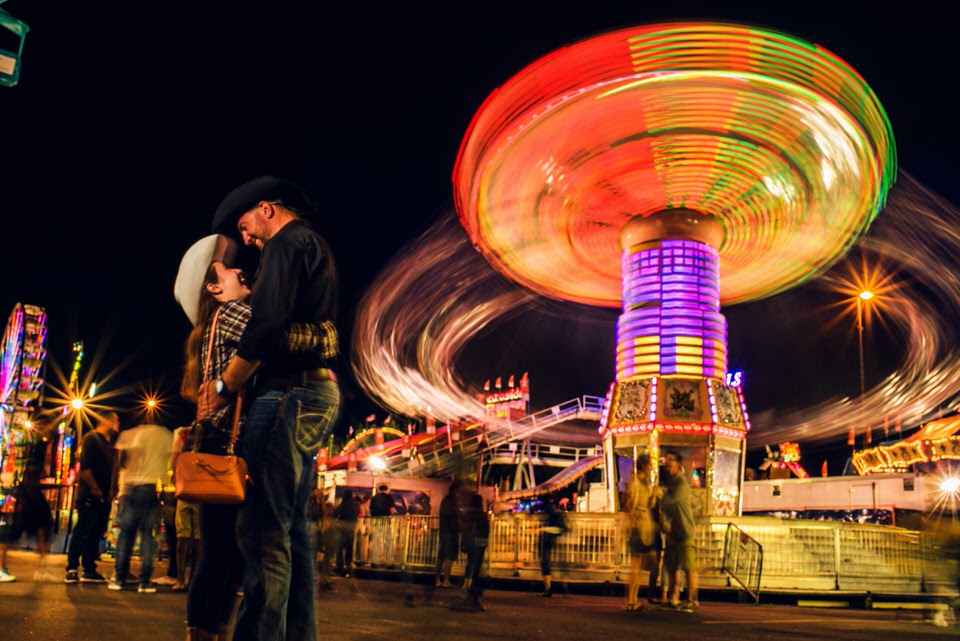
How long did it take you to feel truly comfortable shooting weddings together?
“Comfortable” is a strange way to put it, as we still get a bit of the butterflies before each shoot. I used to hate that feeling, but have slowly learned to embrace it – it just means we still care and want to do our very best … Better than the last time we shot.
How many weddings do you guys shoot per year?
10-15 weddings.
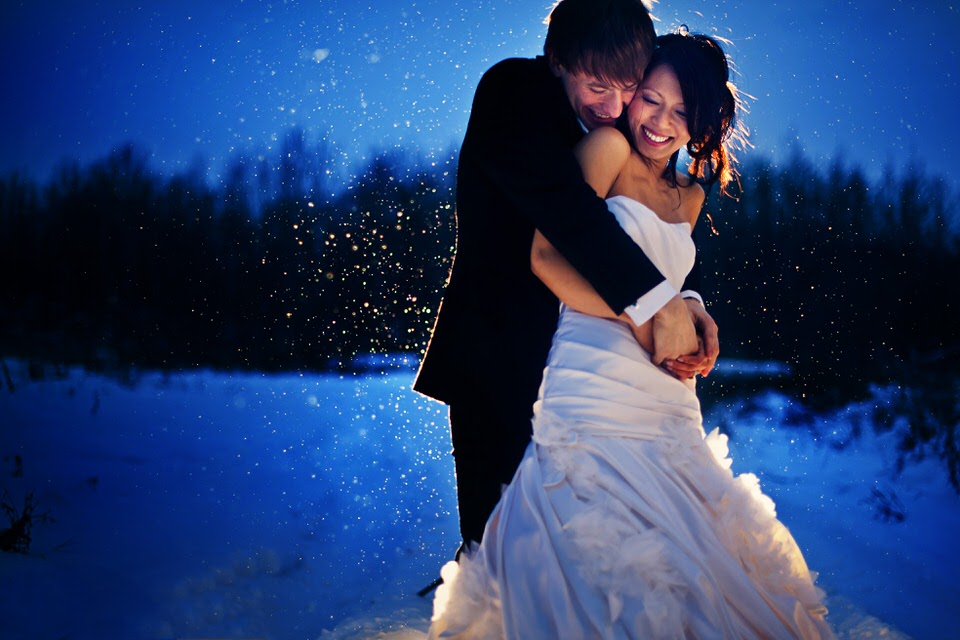
On average, how many photos do you guys take in a normal day?
“Normal” is kind of difficult to pin down, as we shoot weddings of all faiths, sizes and number of events. The next 2 weddings are 3 or 4-day events, but some days will have only an hour coverage, and others will be over 10. But on a full 8-10 hour wedding day we will likely shoot 8-10,000 images. Our tagline isn’t “2 small Asians, 4 cameras” for nothing 😉
How many would you expect to give to a couple?
About 10% of the take.
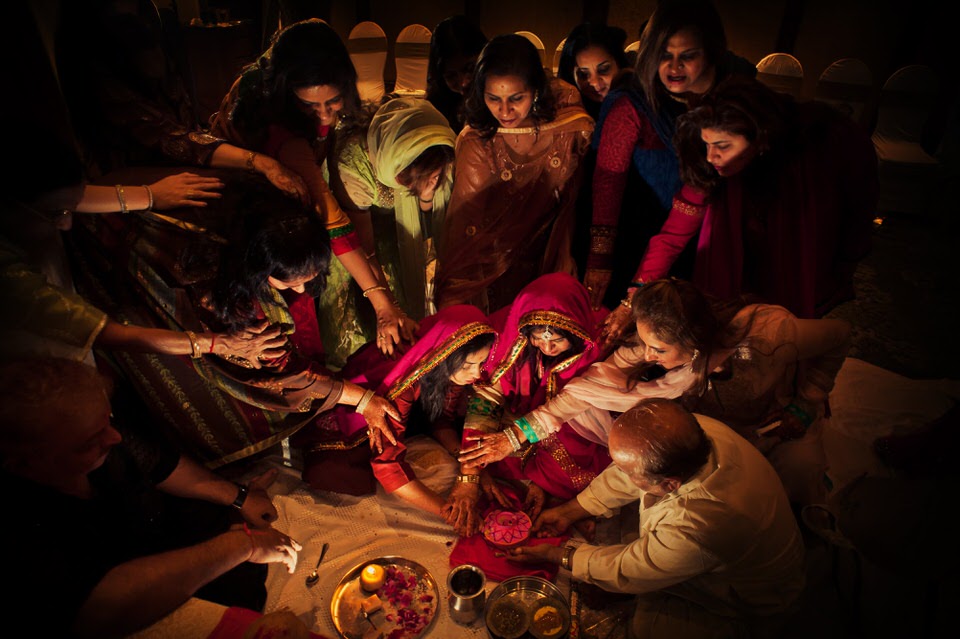
Walk us through a normal day’s shooting.
Oh man … This is a loaded question! LOL! The next couple of weddings are Indian weddings with multiple, beautiful ceremonies. But more traditional “white” weddings will have Quin and I splitting up to cover the bride/groom prep separately, then reconnecting and shooting from the ceremony forwards. Family formals, bridal party and couple time lead up to the cocktail hour where we set up our lights for the reception and dance party.
What’s the best and worst thing about being a wedding photographer?
Best: it has brought us to amazing places and created true friendships with our couples, some of which are now our closest friends!
Worst: Being perfectionists and artists, we still have a hard time letting go of anything and thus we ARE the Asian sweatshop: we do all our own post processing in house.
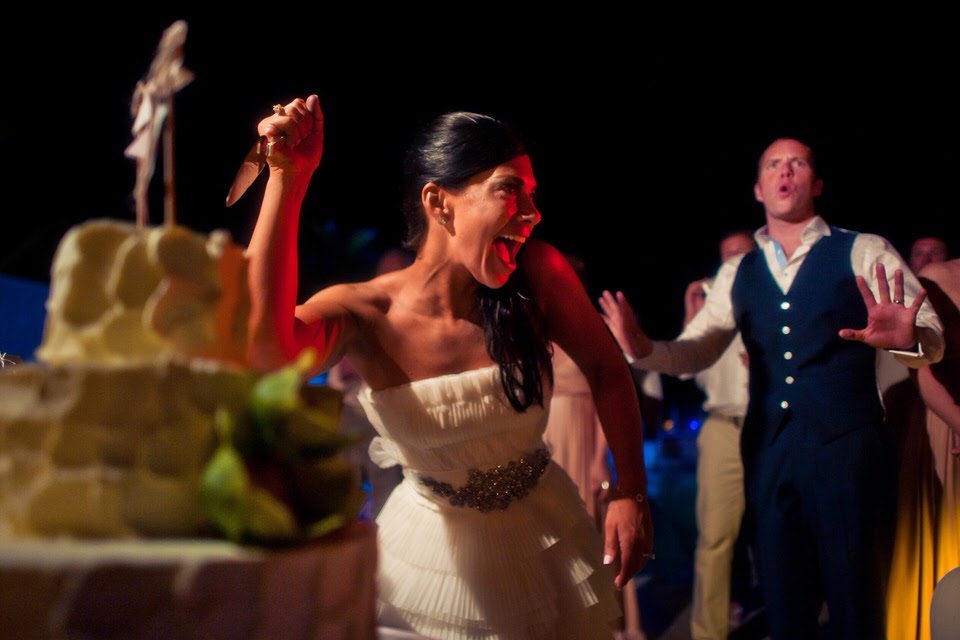
What do you both find to be the most difficult thing about shooting weddings?
I think it’s a combination of the physical stamina needed to shoot physically like we do, combined with the mental focus of really understanding who and what needs my attention. It’s too easy to get into auto-pilot and just shoot what we’ve shot before. The lost art of being truly present, and being present all day and visioning for our couples is hard work.
One of the biggest parts of wedding photography has to do with the business behind it. How did you go about learning that part, realizing that you need to constantly bring in money, set budgets, etc?
Dave helped run his parents’ family business for years. Though not formal training, it was a great place to observe, test and refine ideas which we can put into our business today.

Can you describe your workflow after a shoot?
After the shoot, we download all memory cards at once using Photo Mechanic 5 and make triplicate off-line copies of all RAW files. I then use PM5 to export the embedded JPEGS to make selections from on my laptop. I run these through JPEGmini Pro to save space on my relatively small Laptop, and really like to be able to work anywhere to select images. Selections are made using Motibodo for Photo Mechanic 5, then the selects are run through Motibodo for Lightroom and exported using the JPEGmini Lightroom plug-in. About 15-20% of these we’ll pull into Photoshop and run our favourite actions on them. Once the final cut is retouched, we rename and run them through JPEGmini Pro to make sure everything is neat and tidy and ready to deliver to our clients.
What are you guys doing to specifically market the creative services you offer?
Two best methods of advertising for us have been referrals and our online presence. We’re also finding an organic growth in maternity/newborn/family portraiture as our couples grow into new family dynamics.
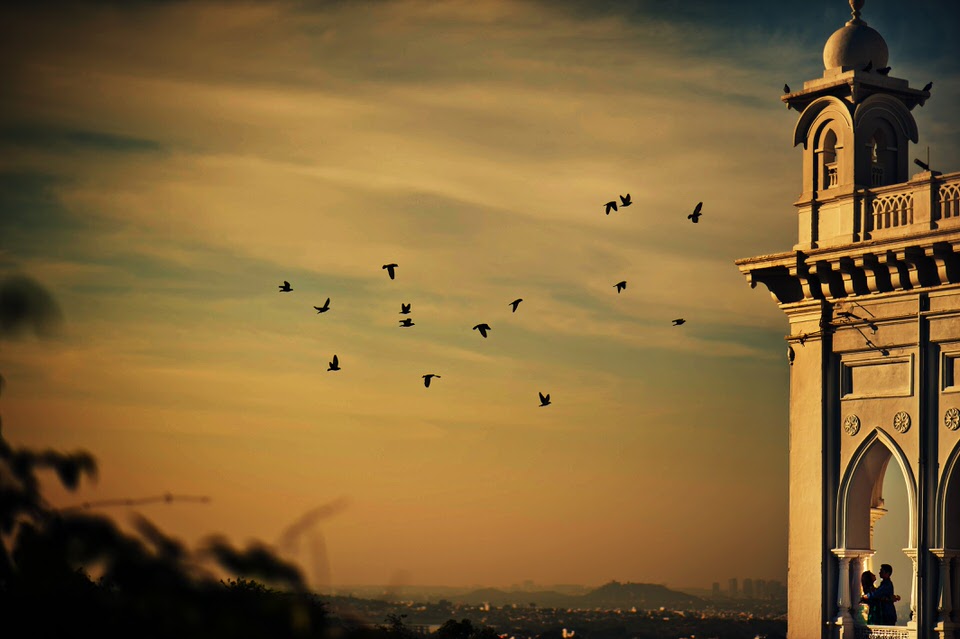
Where do your influences come from as far as a creative vision go?
It truly comes out of our core beliefs in life: God, family, the world around us and the experiences we’ve been blessed to have. Our lives have been shaped in unique ways and we truly believe everyone, after learning and copying from those we admire, shoot out of who we are … This is more than style or choice, but the very core of our art and relationships.
Speaking of creativity, how do you help photographers in your workshops push the envelope?
Inspiration is a big part of it: showing people what’s possible with simply seeing, thinking or using tools differently. But then also equipping them with the tools and techniques, and allowing a safe place to fail. It’s important that people understand some parts of photography are hard, and that they will fail. But to say its ok and have a place where they can fail forward – towards making the images they see in their heads.
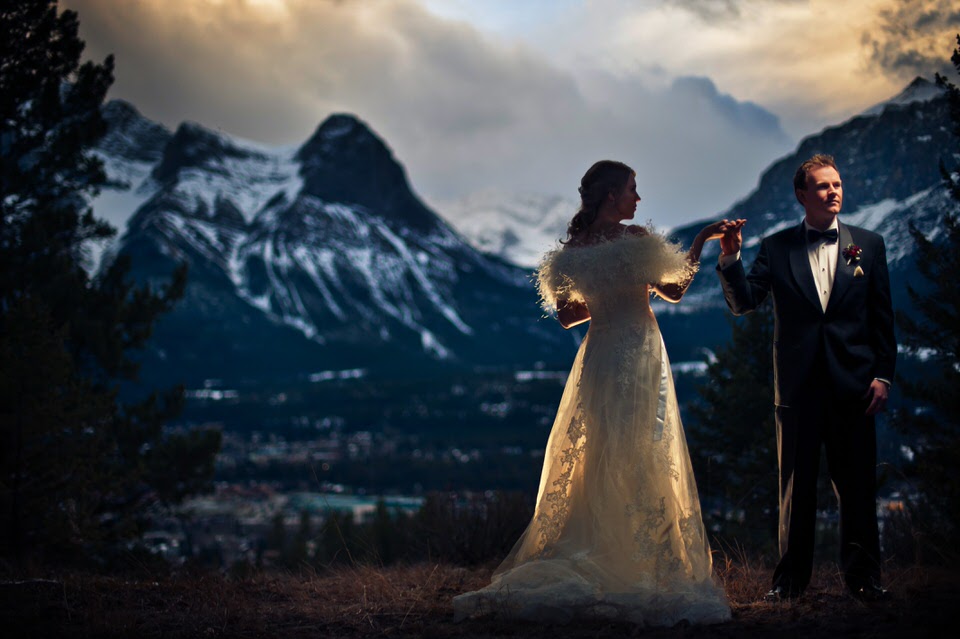
Where are your masterclasses about and how long do they run?
We’re really flexible and have taught full 1 and 2-day masterclasses where we cover topics as broad as seeing light, mastering off-camera flash, post process and business and sales.
Where is the 1 place you haven’t been that you’d love to do a shoot and/or do a workshop in?
We’ve been blessed to shoot and teach in some amazing places, but would love to visit ITALY!
What do you both do with your spare time?
What spare time? LOL! Between running DQ Studios, creating Motibodo solutions (first for ourselves then shared to the photography community), we have 2 great boys we love to hang out with. And we blog our personal junk here: http://
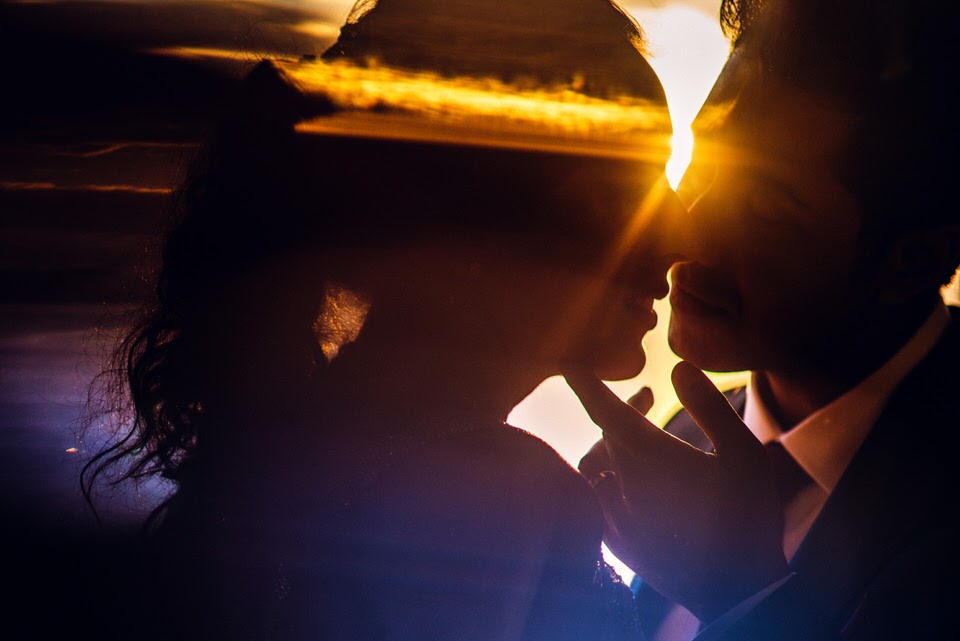
If you could give one piece of advice to aspiring photographers what would it be?
When you think you’ve shot enough and got your shot, keep shooting and thinking and feeling … Shoot More!

